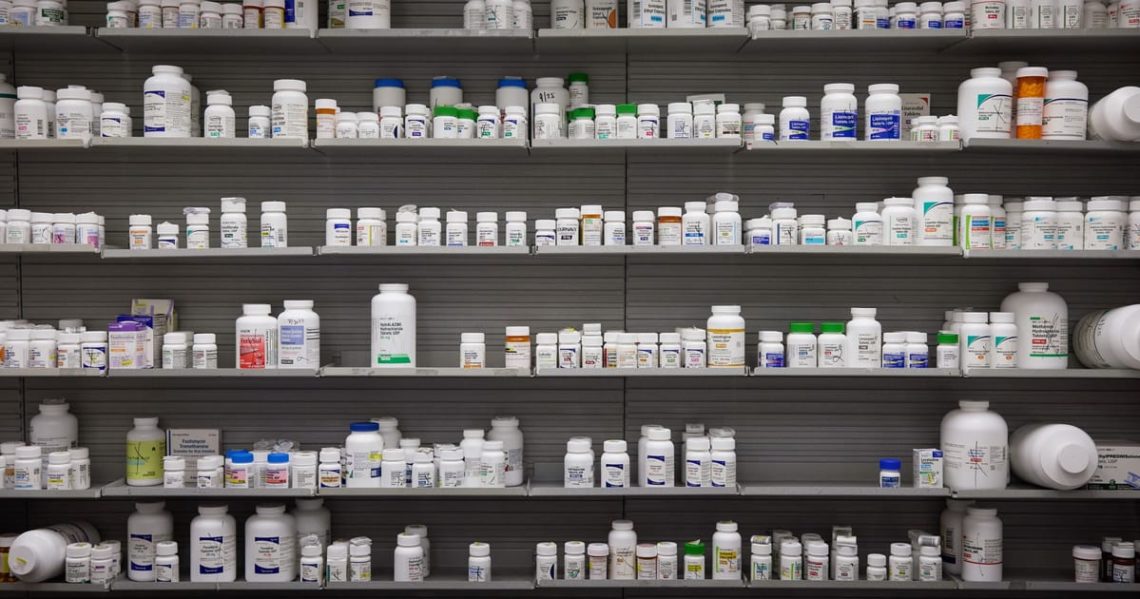BRUSSELS — The United States will cap tariffs on European cars, pharmaceuticals and semiconductors at 15 percent, Washington and Brussels have agreed in a joint statement seen by POLITICO.
The four-page text, dated Aug. 18, locks in the key points of the deal that U.S. President Donald Trump agreed with European Commission President Ursula von der Leyen when the two met at his Turnberry golf resort in Scotland on July 27.
The two leaders’ account of the deal differed on the day, notably on pharma, causing concern that drug producers in Europe could end up being priced out of the U.S. market entirely.
In another key clause, the joint statement confirms that the U.S. will lower tariffs on autos and auto parts in most cases to 15 percent from 27.5 percent — but only after the EU formally introduces legislation to “eliminate tariffs on all U.S. industrial goods.” The EU now has a 10 percent levy on car imports.
The bloc will expand market access for U.S. agricultural goods that are not sensitive for its own market. The U.S., meanwhile, commits to exempting aircraft and parts as well as cork and generic drugs from higher tariffs, applying its most-favored nation tariff to those imports.
Washington and Brussels will join forces to tackle overproduction on steel and aluminum, and will explore the possibility of setting tariff-rate quotas. This was a key request from the European side, to avoid its steel and aluminum exports facing a 50 percent tariff. The EU and the U.S. will also team up against countries — such as China — that are imposing export restrictions on critical minerals.
The European Commission will also explore providing “additional flexibilities” in the implementation of the EU’s carbon border tax to American companies, as well as ensure that the EU’s sustainability reporting obligations (CSRD) or the supply chain oversight rules (CSDDD) “do not pose undue restrictions on transatlantic trade.”
Confirming verbal assurances made in Turnberry, the EU intends to procure $750 billion of U.S. energy, including liquified natural gas, oil and nuclear energy products through 2028. It will also buy “at least” $40 billion worth of U.S. AI chips.
On top of that, “European companies are expected to invest an additional $600 billion across strategic sectors in the United States through 2028,” the document adds.
Brussels and Washington have been haggling over the document since the handshake deal between von der Leyen and Trump averted the U.S. president’s threat to hit the EU with an across-the-board 30 percent tariff.
The post US caps tariffs on European cars, medicines at 15 percent appeared first on Politico.




